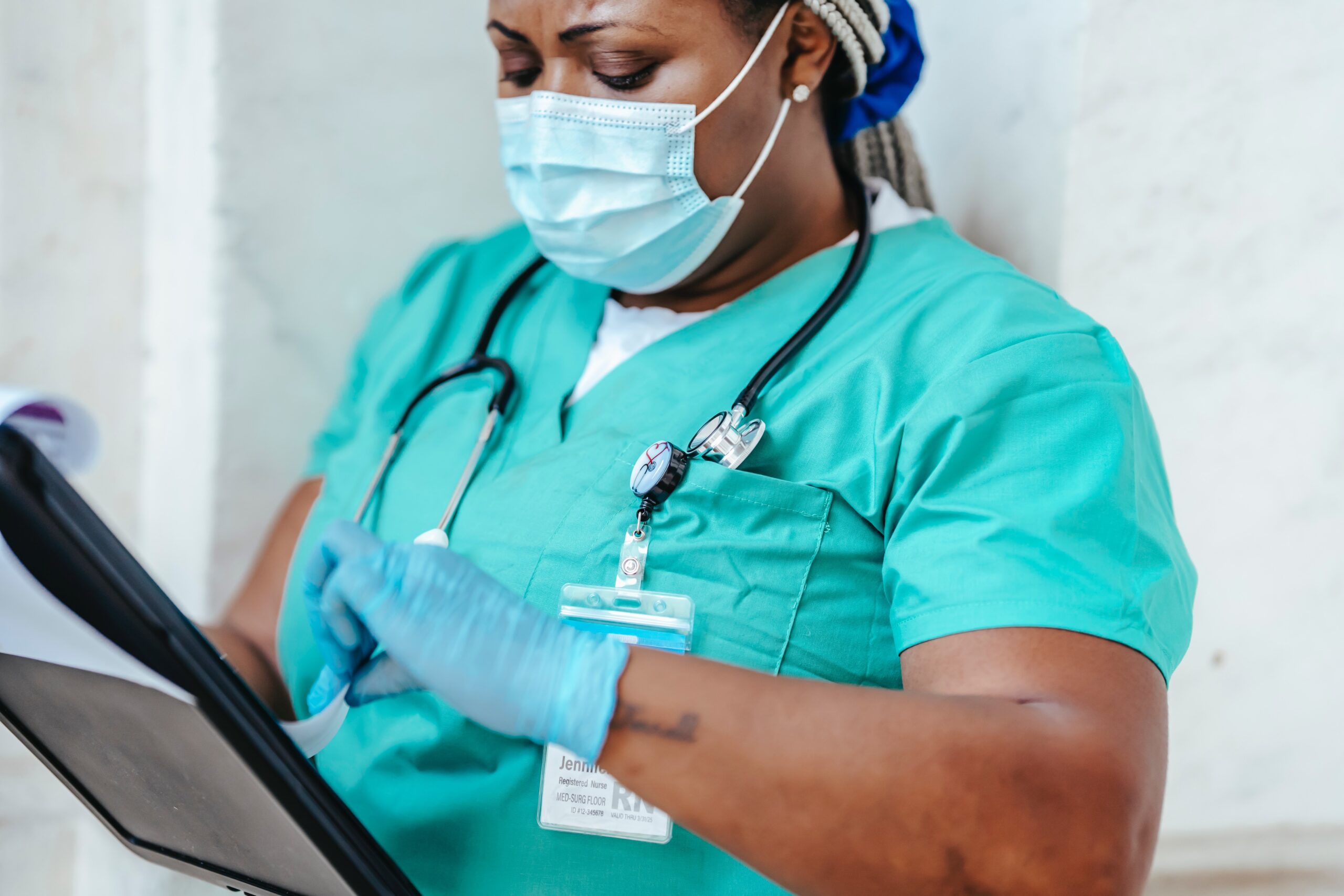The recent suicide death of yet another Black medical student is raising fresh questions around the continued need for mental health resources aimed at supporting Black people in the medical field.
Dr. Nakita Mortimer passed away on May 24 by suicide, with her death prompting loving messages from her family and friends. This included a heartwarming note from Jennifer Gates, daughter of Bill Gates. Congressman Jamaal Bowman also took to his Twitter to send a note of condolences to her family and to celebrate her accomplishments.
Mortimer, who was a Haitian-American, was an anesthesiologist resident at Montefiore Medical Center in New York. She also was an outspoken advocate in the medical sector, with her focusing specifically on fighting for better conditions for healthcare professionals.
The death of Mortimer comes at a time when conversations around the mental health needs of Black women in medicine remain greatly underresearched.
There have been a few studies focusing on the experiences of Black women in the health field. They have looked at how racism, discrimination, and misogynoir in the industry can affect mental health. This includes a study from 2021 looking at depression and anxiety symptoms among Black medical students.
The lack of focused studies on Black women medical student’s experiences adds to the lack of data surrounding the topic. But the unfortunate failure to put resources into crafting more of these studies hasn’t stopped Black mental health professionals from presenting solutions.
There are a growing number of therapists and counselors who aim to specifically support Black women medical professionals through their mental health needs. This includes individual sessions and a focus on group sessions.
“Supporting and empowering black female medical students is needed and can be accomplished through accessible, culturally affirming group therapy,” Anequa Blakely wrote in a post on the need for more services focused on Black women medical professionals. Blakely is a MA, QMHP.
“Group therapy sessions can provide psycho-education to promote greater personal health and collective well-being. Creating a safe, collaborative, and culturally aware environment is of utmost importance,” Blakely continued in her piece. “This safe space can allow black female medical students to learn skills to manage stress, build confidence and learn how to utilize mindfulness to balance the challenges they come across in personal and professional contexts.”
The importance of these conversations has also pushed Black women in the medical field to openly share their own stories regarding mental health through news outlets, feature stories, blogs, and even on social media. Organizations like the Association of Black Women Physicians are also providing resources. They are making space for conversations that center Black women medical professions and tools they can use to prioritize mental health.
YouTube has become a resource amidst the push for more help. Black women across areas of the medical industry have taken to their YouTube pages to share all they’ve faced while navigating their medical careers.
There does remain a large gap in the number of available Black mental health workers, though. This reality adds to the challenge of Black women medical professionals getting the focused support they need. That’s especially true for those who prefer to work with a Black mental professional who better understands the nuances of their experiences.
